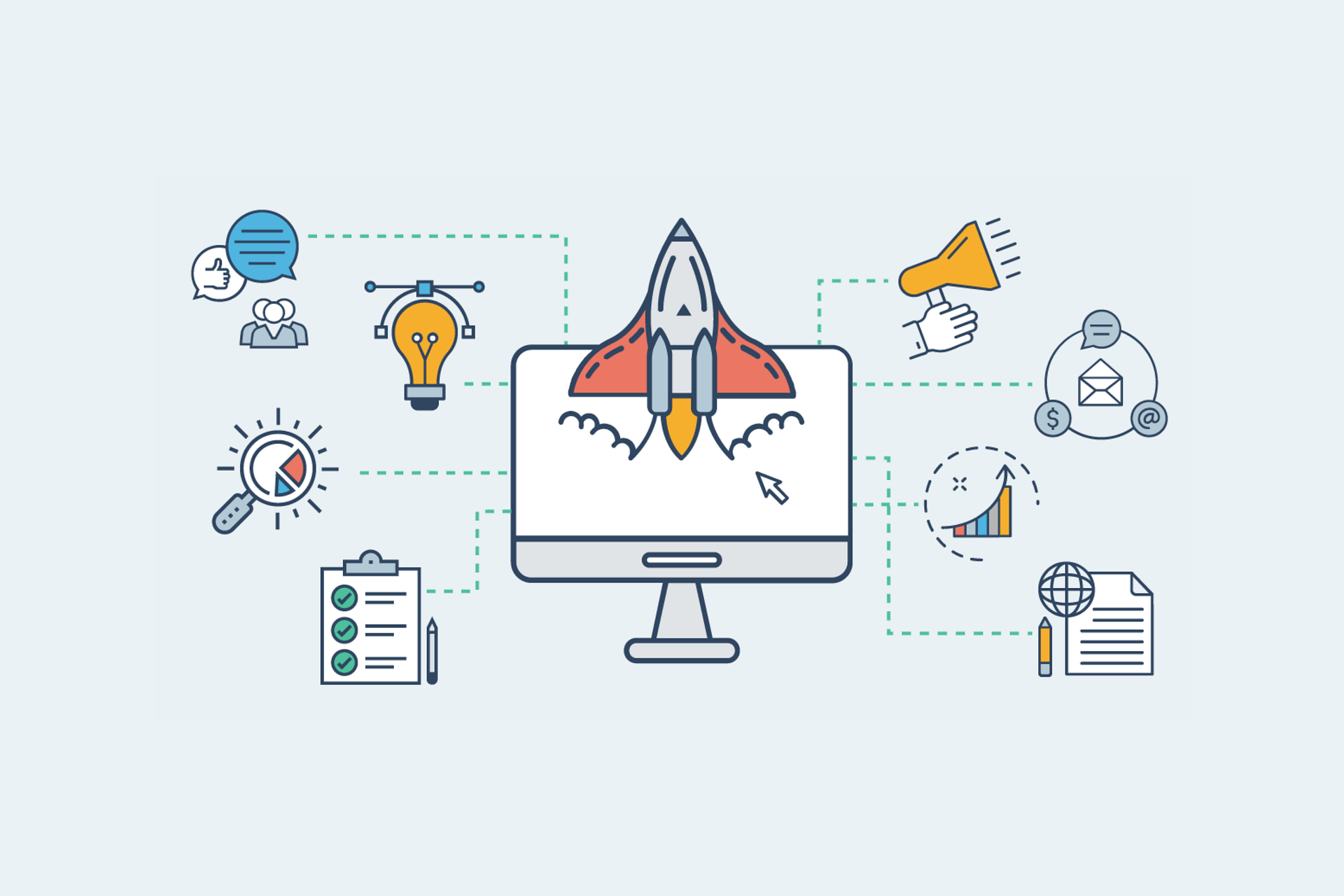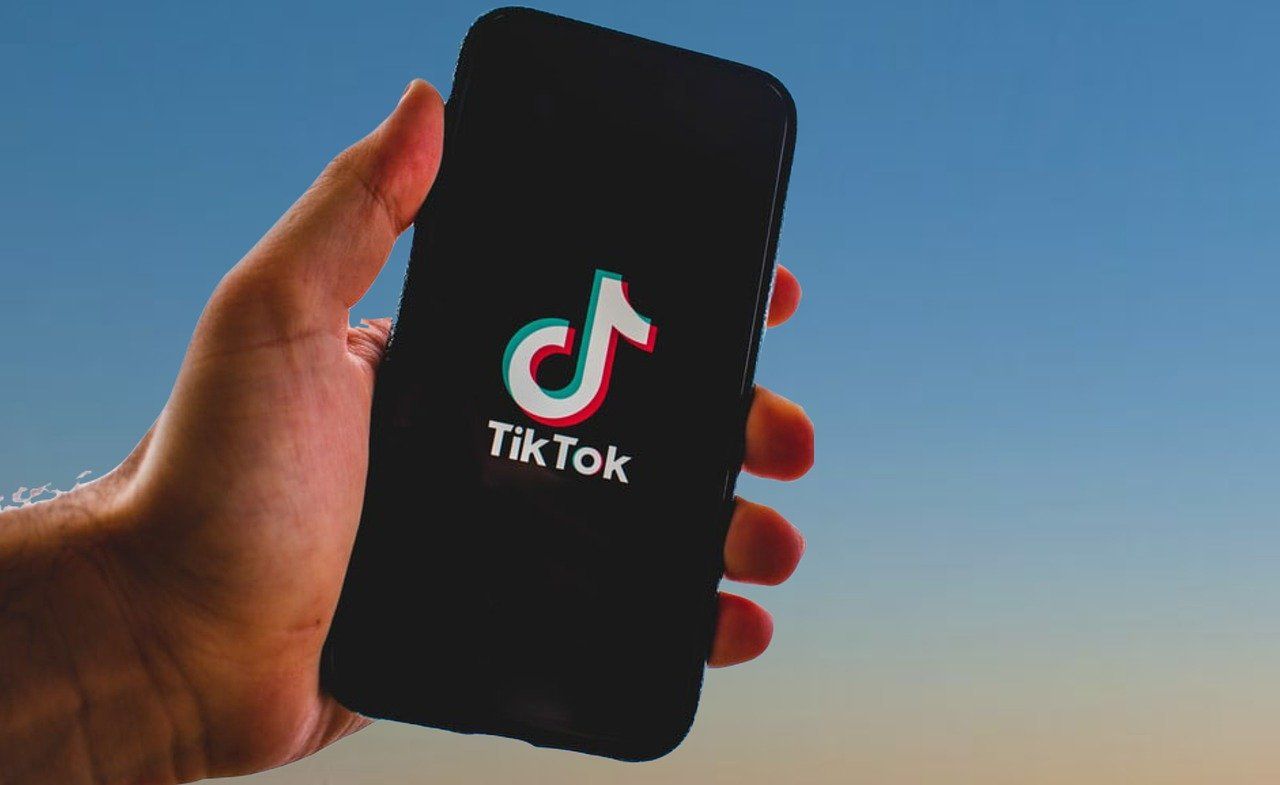What is SEO?
In this blog entry we break down the basics of SEO, or Search Engine Optimization.

Search Engine Optimization is the process of achieving free, organic search results in Google, Yahoo, Bing and other search portals. Well-executed SEO drives site traffic to a website from general web searches.
Search engines such as Google send crawlers out to millions and millions of websites to read data and store it, in order to materialize the site later when a consumer looks for information matching that data.
While there isn’t an exact formula for making it to the top of the search engine results page (SERP), marketers and web designers alike should be focused on these key SEO factors:
- Focus on your customer. In the most general sense, create the best web experience for your customer. What’s best for your customer inherently yields quality SEO.
- Consistently produce robust, quality content. The quantity of links on your domain matters—make sure you are balancing quantity with trusted, keyword-friendly content.
- Be relevant. The number of websites that link back to your site affect your page rank, though not all links are created equal. You want to be organically connected to websites that have influence in your content category.
- Make sure your content loads quickly and securely.
- Drive audience via other marketing channels. The more visitors to your website, the more relevant search engines will see you.
- Understand how people are searching for your content or product offerings. Utilize common keywords at the page and domain levels.
None of these factors works exclusively. Even if your website has a solid foundation, SEO must be cultivated over time. Search Engine Land has a great Periodic Table of SEO , which visually breaks down the many contributing factors to organic search optimization.
Questions? Contact one of the experts at Phase 3 Digital Agency for a free SEO or other digital analysis of your business.










